Don’t experiment with First Nations’ rights
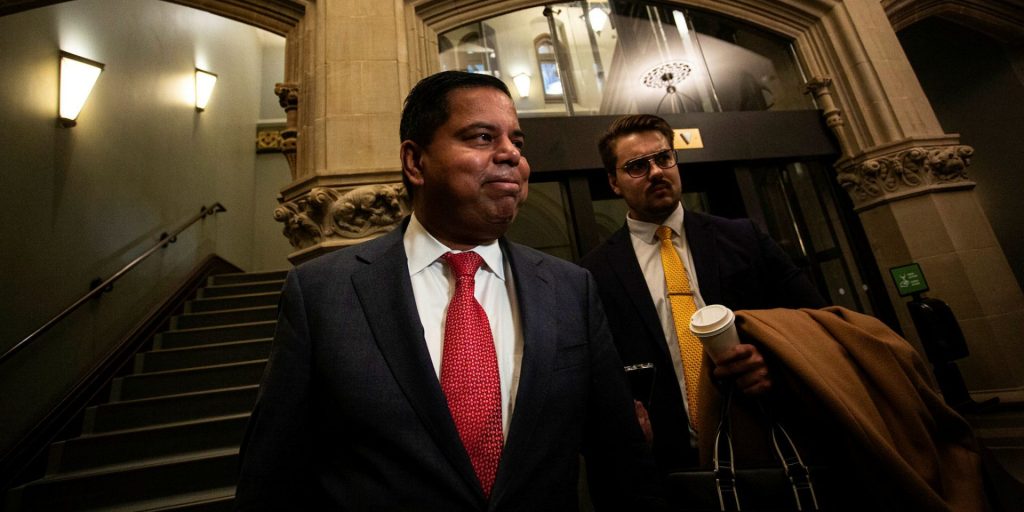
First Nations are entitled to ensure the federal government isn’t creating illegitimate groups simply for its own political reasons through Bill C-53.
Delivering on promises
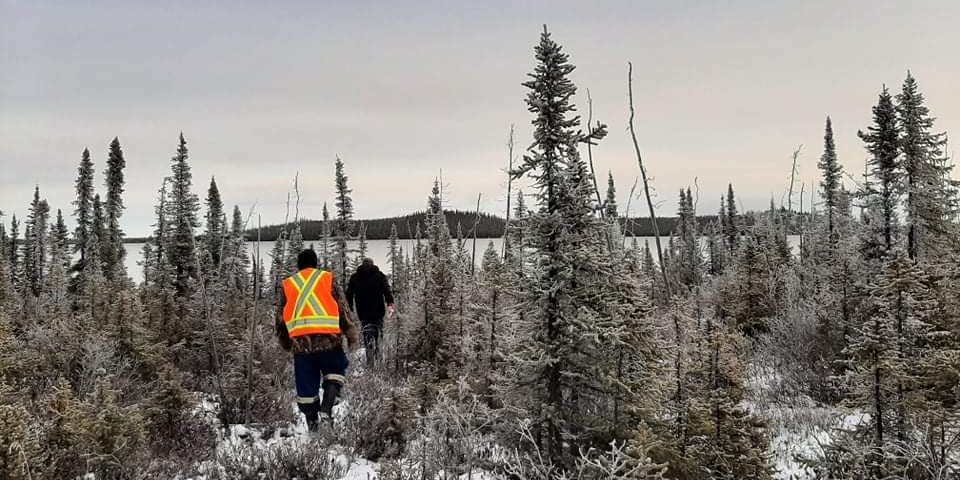
Collaboration in the Northwest Territories should provide a model for the rest of the country on addressing the pressing challenges of our time, strengthening Indigenous cultures, and demonstrating meaningful implementation of UNDRIP, say Grand Chief Ken Kyikavichik and Grand Chief Herb Norwegian.
This is what reconciliation looks like and it’s the Churchill Health Centre
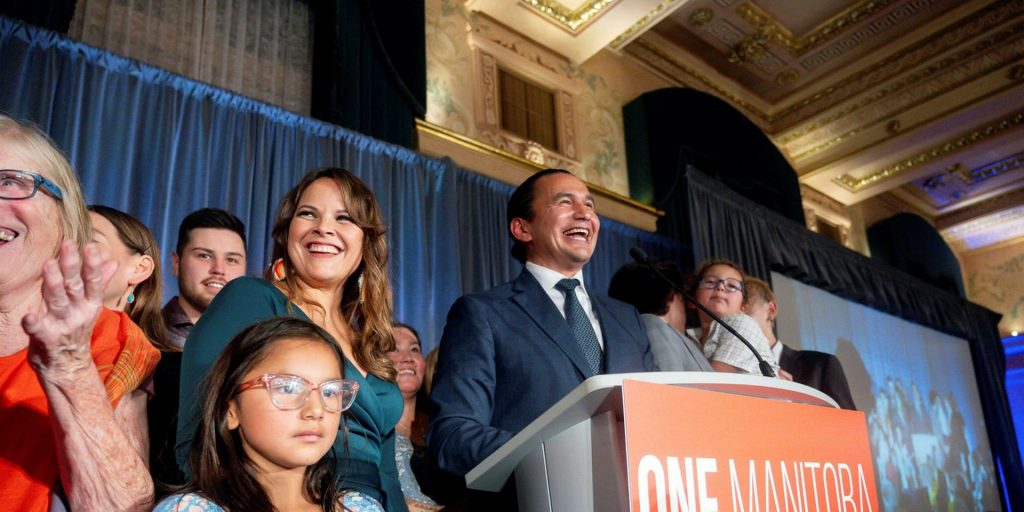
The health centre in Churchill, Man., is the community’s heart and soul, and some say it’s the reason the community has had no suicides in a generation. No youth suicides or opioid abuse challenges. For an isolated town in the West and the Prairies, this is so unique. But there’s more.
Water management is key to and symbolic of Canada’s relationships with Indigenous Peoples
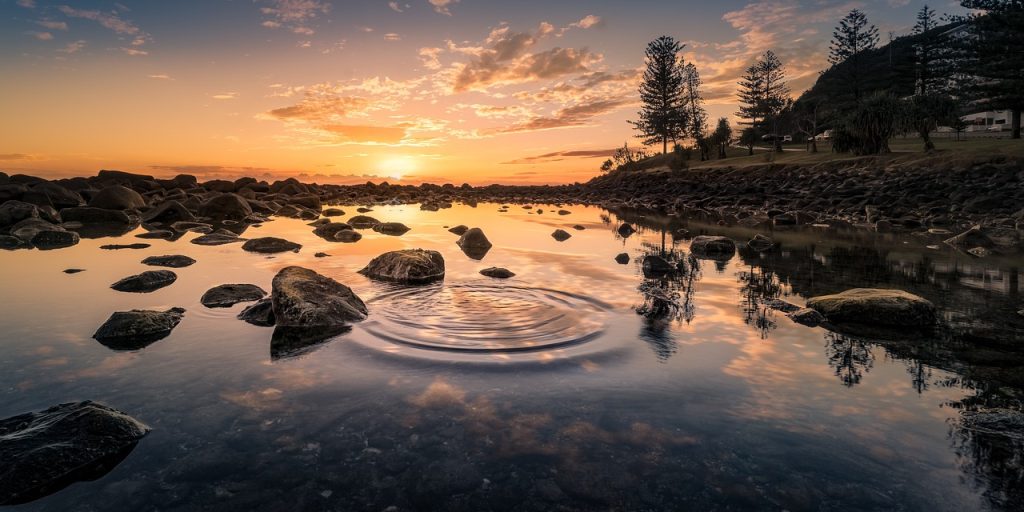
Canadians, with the world’s largest supply of fresh water, take this precious resource for granted.
Our food source is our livelihood: a First Nation’s plea for sustainable salmon farming
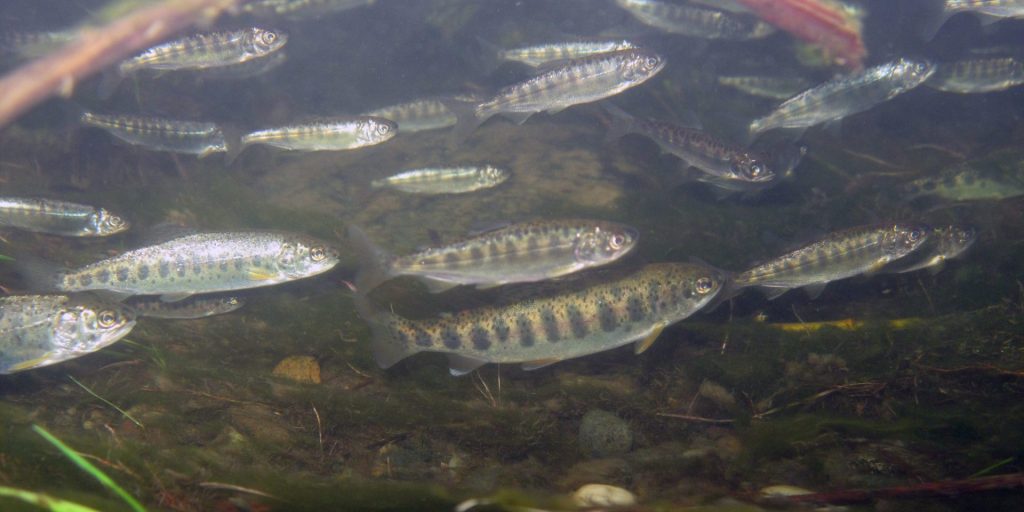
For First Nations like Gwa’sala-‘Nakwaxda’xw, aquaculture is the bridge between poverty and prosperity.
Iiyika’kimaat in Indigenous health: a call for change and empowerment
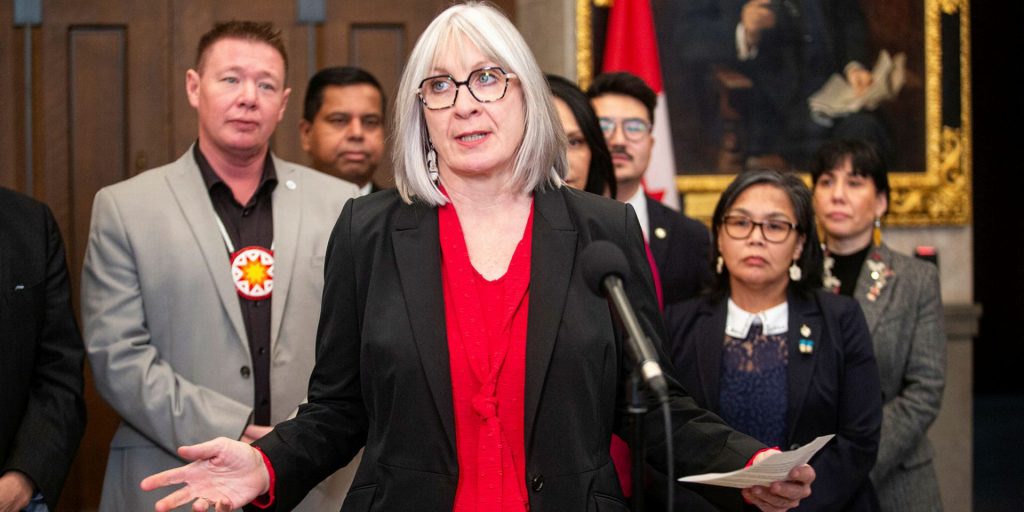
A physician who witnesses the realities of an often-inadequate health system for Indigenous communities urges the federal government to implement Truth and Reconciliation Calls to Action 18-24.
New Democrat bid to snuff out oil and gas advertising sparks backlash from provincial counterparts, Indigenous partners
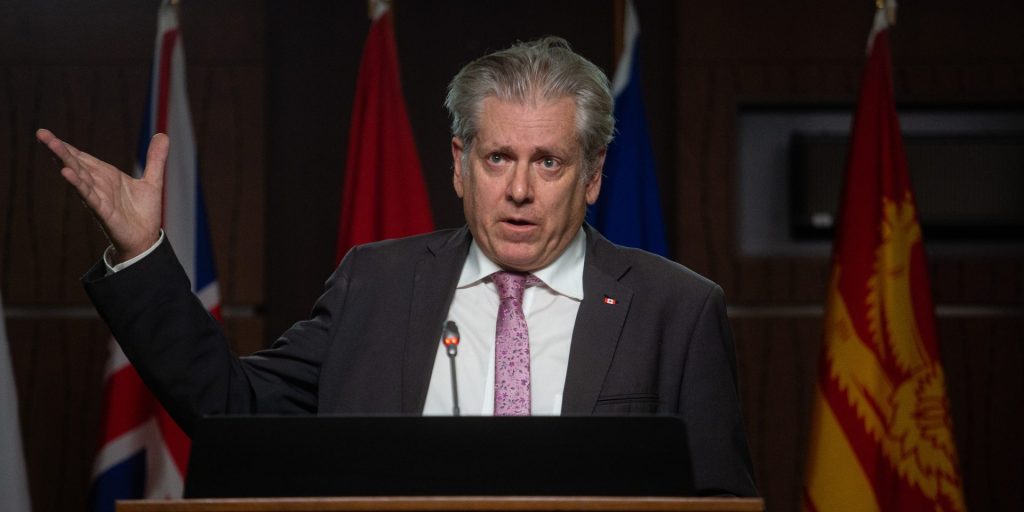
Indigenous Resource Network executive director John Desjarlais says the kind of ‘paternalism’ present in Bill C-327 is exactly the kind of sentiment he works against in the fossil fuel industry.
The daily struggles to survive as Indigenous
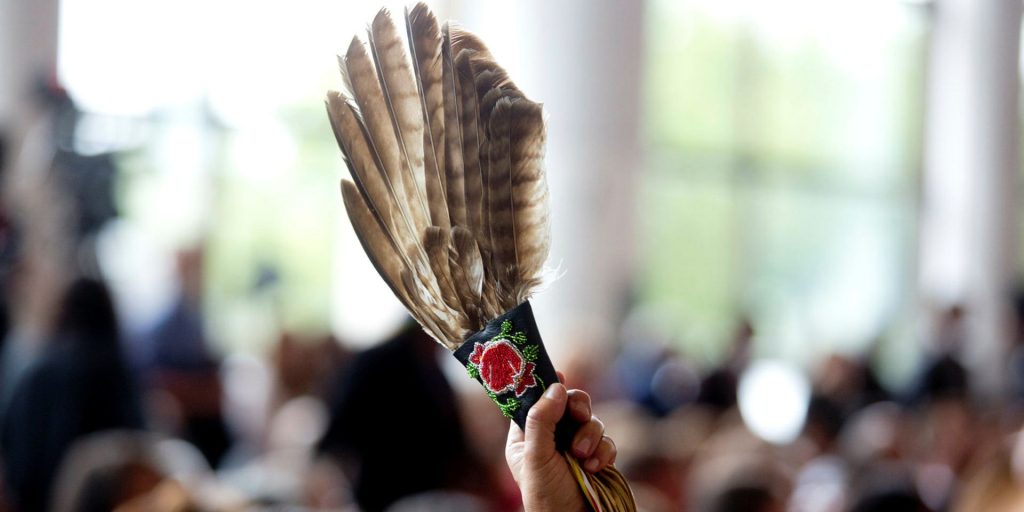
Fifty years ago, an alarm was raised about the proportion of Indigenous Peoples in prisons, 23 per cent at the time. Systemic changes were proposed to eliminate the biases against Indigenous Peoples that created this mess. Today, that number is 32 per cent. One in three Canadians in prison is Indigenous. That is a stark measure of institutional racism.
Indigenous midwives are the key to addressing sexual and reproductive health inequities
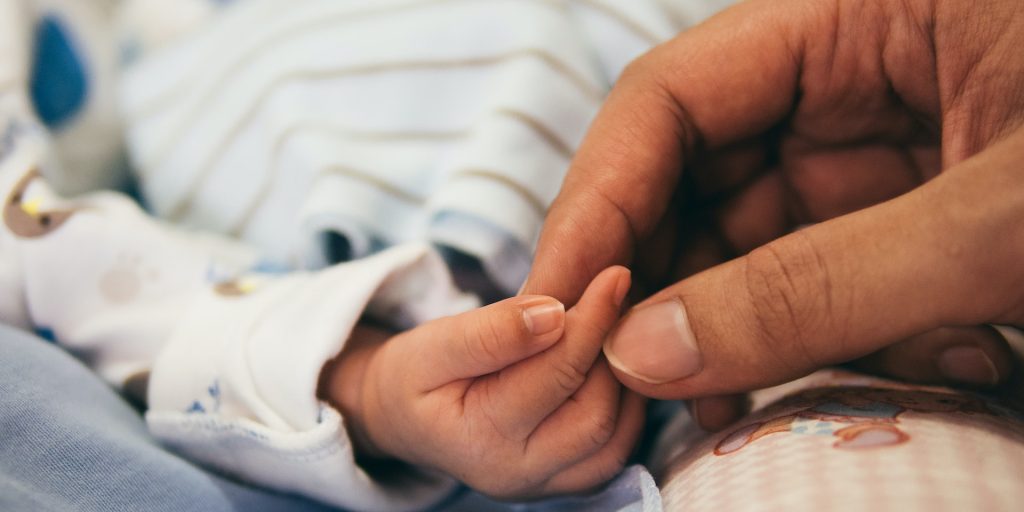
With Indigenous-led midwifery care, we spend less for better health outcomes. So why aren’t we properly funding it?
Why is reconciliation stalling in federal departments?
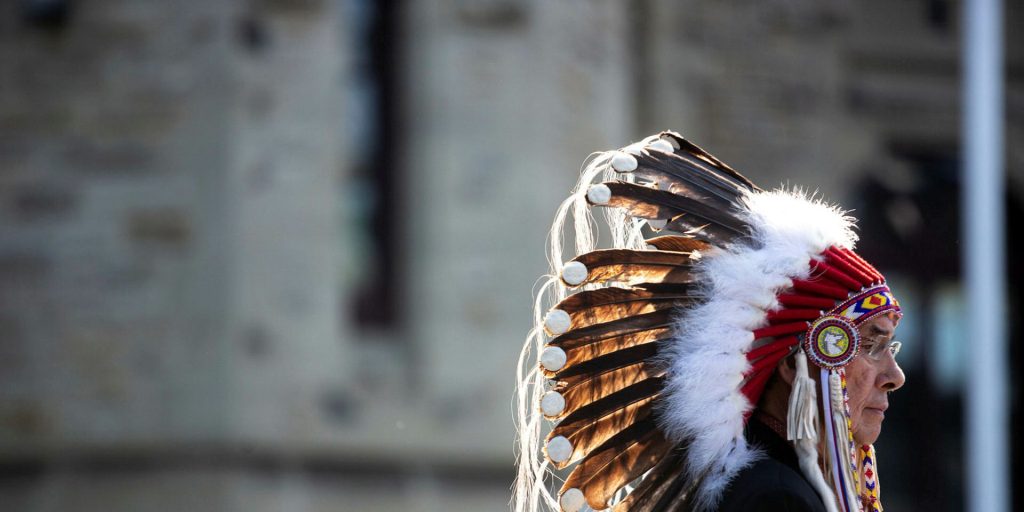
The wars, the economy, and the possible election year appear to be more important priorities than reconciliation. But every one of these challenges also impact on Indigenous Peoples. We are the citizens you serve.

